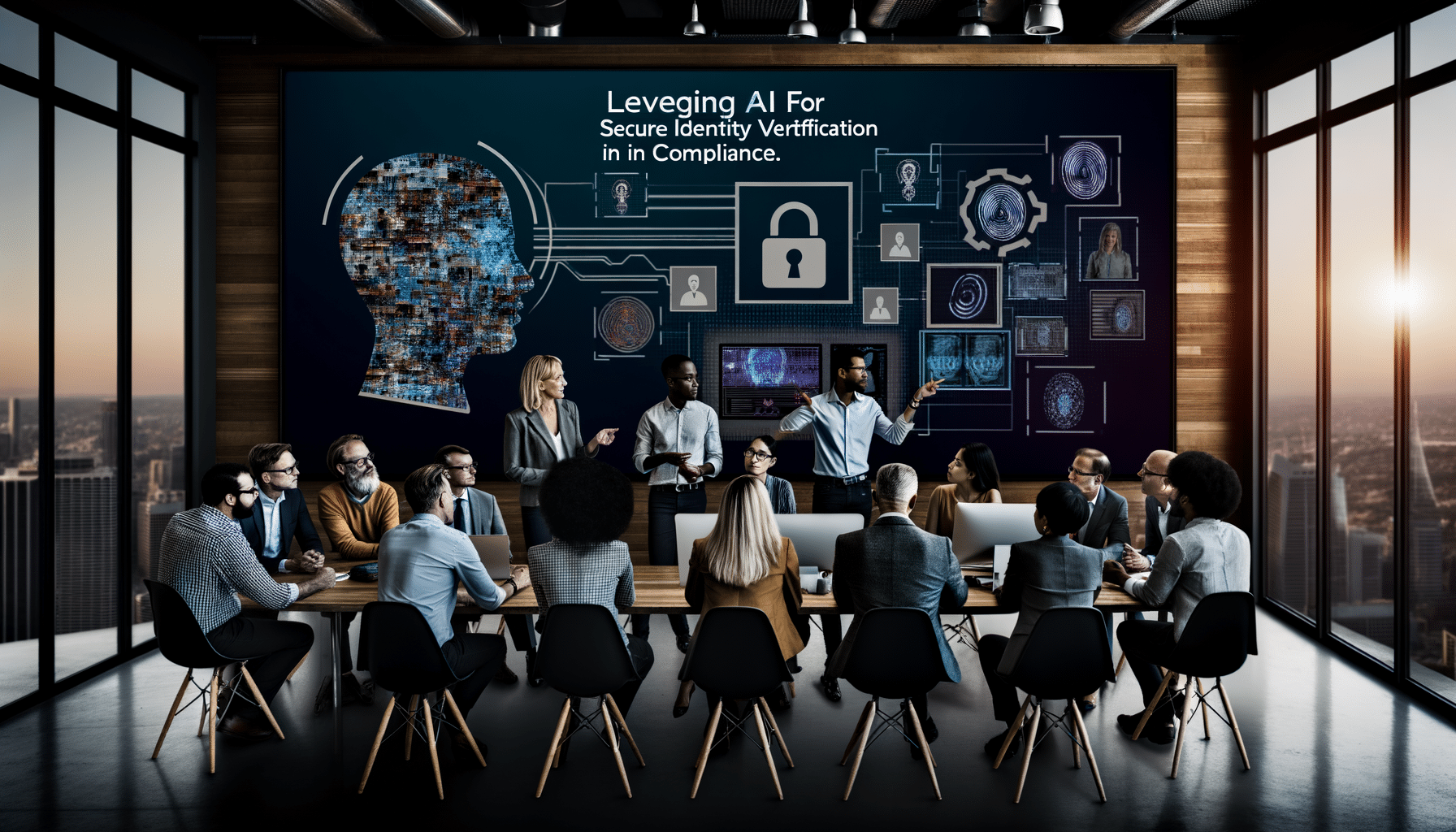The challenges of maintaining accurate and foolproof audit trails have long plagued organizations, spanning sectors from finance to healthcare. As a founder deeply involved in crafting technological solutions, I’ve often pondered how to bring transparency and tamper-proof characteristics into the audit ecosystem. Enter blockchain technology — a game-changer for audit trails and compliance.
Why Blockchain is a Game-Changer
Traditional audit systems grapple with vulnerabilities that can jeopardize data integrity and compliance. These challenges call for a revolutionary approach, and blockchain technology addresses them head-on. By its very nature, blockchain offers an immutable ledger that ensures data cannot be altered once it is recorded.
The decentralized structure is pivotal here; it distributes the data across a network of computers, removing any single point of failure. This makes tampering with records without detection nearly impossible, thus bolstering the trustworthiness of audit trails.
Decoding Blockchain’s Impact on Audit Trails
1. Ensuring Data Integrity
One of the key benefits of blockchain is its ability to secure data integrity. Each transaction is recorded in a block and linked to the previous one using cryptographic hashes, creating a chronological chain. This methodology ensures that once data is recorded, any attempt to alter it is easily detectable, providing a robust mechanism for reliable audit trails.
2. Enhancing Transparency and Accountability
Transparency is frequently a buzzword in organizational compliance, and blockchain provides it in abundance. With blockchain, every transaction is transparently recorded, allowing stakeholders to verify and track data independently. The traceability offered by blockchain resolves disputes faster and enhances accountability, essential for maintaining compliance across various regulations.
3. Automating Compliance through Smart Contracts
Blockchain’s capabilities are augmented further through smart contracts — self-executing contracts with the terms of the agreement written into code. They automate compliance rules execution, ensuring that organizational activities automatically adhere to required standards without human intervention. This not only improves accuracy but also drastically reduces the time spent on compliance checks and audits.
Blockchain for Compliance: A Pragmatic Approach
In my journey with RecordsKeeper.AI, I’ve observed firsthand the powerful synergy between blockchain and compliance. Blockchain’s immutable nature makes it a natural ally in compliance landscapes, like GDPR or HIPAA, where data protection is paramount.
By maintaining an indelible record of actions taken within systems, blockchain enables organizations to provide solid proof of compliance. Audit-ready records that leave no room for manipulation place organizations in a stronger position during regulatory assessments.
Real-World Applications and Benefits
Organizations implementing blockchain for audit trails are witnessing remarkable improvements in their compliance processes. Here are some key benefits:
- Cost-Effectiveness: By automating processes and reducing manual oversight, blockchain reduces the overall cost associated with maintaining audit trails.
- Time Efficiency: Blockchain’s automation capabilities significantly reduce time taken for audits, allowing organizations to focus resources on core activities.
- Enhanced Data Security: The decentralized network reduces the risk of data breaches, providing heightened security.
Challenges and Considerations
While blockchain boasts an impressive array of benefits, integrating it into existing systems demands careful consideration. As adopters, we must navigate challenges like the transition from traditional to blockchain systems, potential interoperability issues, and the need for clear technological understanding among users.
However, such hurdles should not deter us. The integration of blockchain, with its capacity to overhaul audit trails and compliance seamlessly, holds enormous promise. To leverage its full potential, it’s crucial to initiate well-thought-out implementation strategies and invest in education and upskilling.
Conclusion: The Path Forward
Unlocking blockchain for audit trails and compliance effectively ushers in a new epoch of transparency, integrity, and accountability. In the role I cherish, as both a founder and a visionary, I firmly believe that the strategic incorporation of blockchain into our systems will provide organizations a competitive edge in regulatory landscapes.
As I continue this exciting journey with RecordsKeeper.AI, my commitment remains unwavering — to foster a more honest and compliant environment through innovation. I encourage you to join this revolution, leveraging blockchain technology to transform your audit and compliance processes, and prepare for a future where trust is unshakeable, and transparency is the norm.









